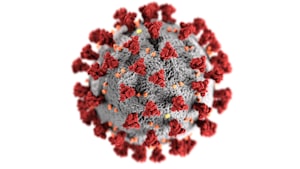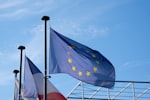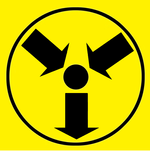Attempting to reset transatlantic cooperation on strategically important economic and technology issues, senior economic and trade officials for the United States and European Union last week announced broad agreement and plans to cooperate on investment screening, export controls, artificial intelligence, semiconductor supply chains, and non-market trade distortions.
Those were the initial outcomes of the new U.S.-EU Trade and Technology Council (TTC), which convened for its inaugural meeting on September 29 in Pittsburgh. Moving forward, the two sides set up 10 working groups to hammer out concrete plans on issues ranging from technology standards to climate-tech, data governance, and technology platforms.
The inaugural TTC meeting in Pittsburgh was co-chaired by U.S. Secretary of State Antony Blinken, Commerce Secretary Gina Raimondo, and U.S. Trade Representative Katherine Tai, with European Commission Executive Vice President Margrethe Vestager and Vice President Valdis Dombrovskis.
No date has been set for the next meeting of the TTC, but in the meantime the working groups have a mandate to plow ahead. Among them:
- The working group on technology standards is tasked with developing approaches for coordination and cooperation in critical and emerging tech standards including artificial intelligence.
- The working group on climate and cleantech is charged with identifying opportunities, measures and incentives to support technology development, transatlantic trade and investment in climate-neutral technologies, products and services.
- The working group on data governance and technology platforms is tasked with seeking consistency and interoperability “where feasible.”
The TTC work plan also will involve systematic outreach to industry and public stakeholders. For example, the two sides are planning a joint U.S.-EU virtual outreach event on October 27 to flesh out details to implement last week’s agreement on principles for cooperating on export controls.






